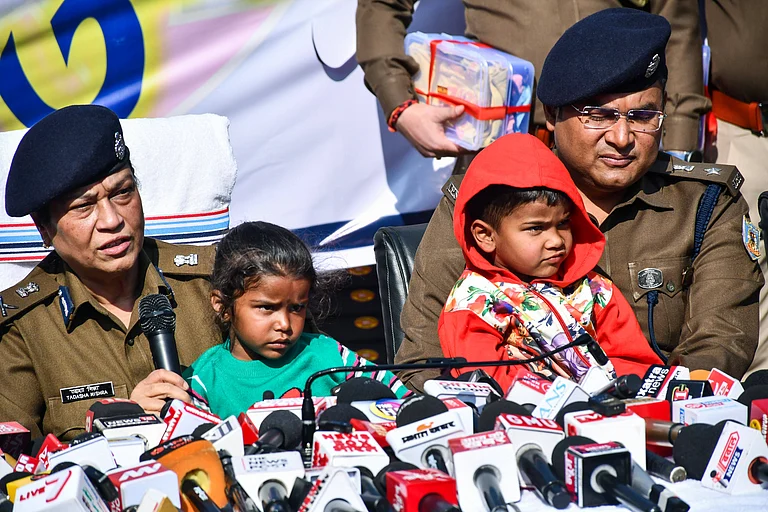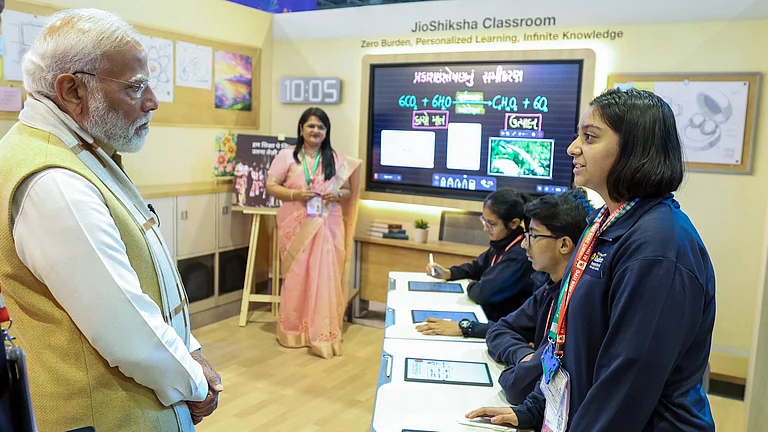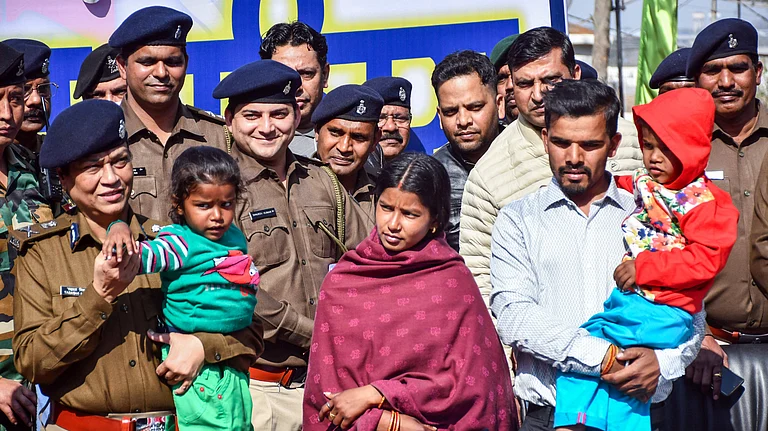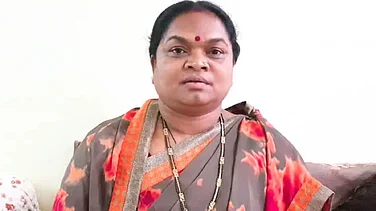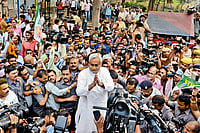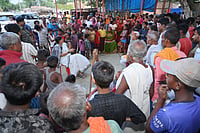Gorelal Manjhi, 18, slogs for 10-12 hours a day as a wage labourer but his ‘work life’ does not get over even after sundown. It is then time for him to meet families with children in his village Guneri, in Bihar’s Gaya district. Most of the families in his village are extremely poor and uneducated and their children often become victims of child trafficking. Families are lured by “brokers” with just a few thousand rupees to send their children to Jaipur and other cities for employment. The children often end up as bonded labourers, are made to live in cramped rooms like cattle and forced to work for more than 12 hours daily, mostly stitching intricate embroidery on saris or making bangles.
Manjhi is aware about their suffering because he has first-hand experience of it. It was 2013 and Manjhi was just 10 years old. His father had died long back and the family was financially on the brink. His mother was unable to afford his education. A distant relative took advantage, assuring his mother that he would arrange work for Manjhi and took him to Jaipur. “At Jaipur, I saw children of my age being beaten up in a room. Four more children had gone with me. We were all very scared. Children like me were forced to do embroidery work on saris for 12-14 hours. We were given just two meals. If we worked slowly or if the final work was unsatisfactory, they would brutally beat us up,” Manjhi says. In 2015, Manjhi managed to reach the nearest police station and narrate his ordeal. “I also gave the address to the police, who rescued the other 11 children,” he says.
After he returned home, Manjhi realised he had to spread awareness in his village to save children from trafficking. His main goal is to convince families not to send their children under any circumstances to other cities out of the lure of a few thousand rupees. Apart from this, he also keeps an eye on the children of his village. If a child is not seen for several days, Manjhi asks his guardian. If he senses that a child has been trafficked, Manjhi informs the police.
In 2018, Manjhi and other children rescued from trafficking, together formed the Vijeta (Winner) group on the initiative of the NGO, Centre Direct. Children of this group go to villages and spread awareness among parents. “We want to ensure that no child faces the ordeal we went through,” Manjhi says. Currently, six Vijeta groups are active in Gaya, which include around 120 children, all of them rescued child workers. Suresh Kumar, executive director of Centre Direct, says, “In the last four years, these children have saved 12 more children from the clutches of traffickers. They have the contact numbers of all the police officers in Gaya, including the SP. On receiving any new information on trafficking, they immediately call the police.” He adds that involvement of trafficking survivors in the campaign has been a big help. “When survivors talk about child labour and abuse, parents are deeply affected and are motivated not to send their children out,” says Manjhi.
(This appeared in the print edition as "From Saved To Saviour")
Liked the story? Do you or your friends have a similar story to share about 'ordinary' Indians making a difference to the community? Write to us. If your story is as compelling, we'll feature it online. Click here to submit.




